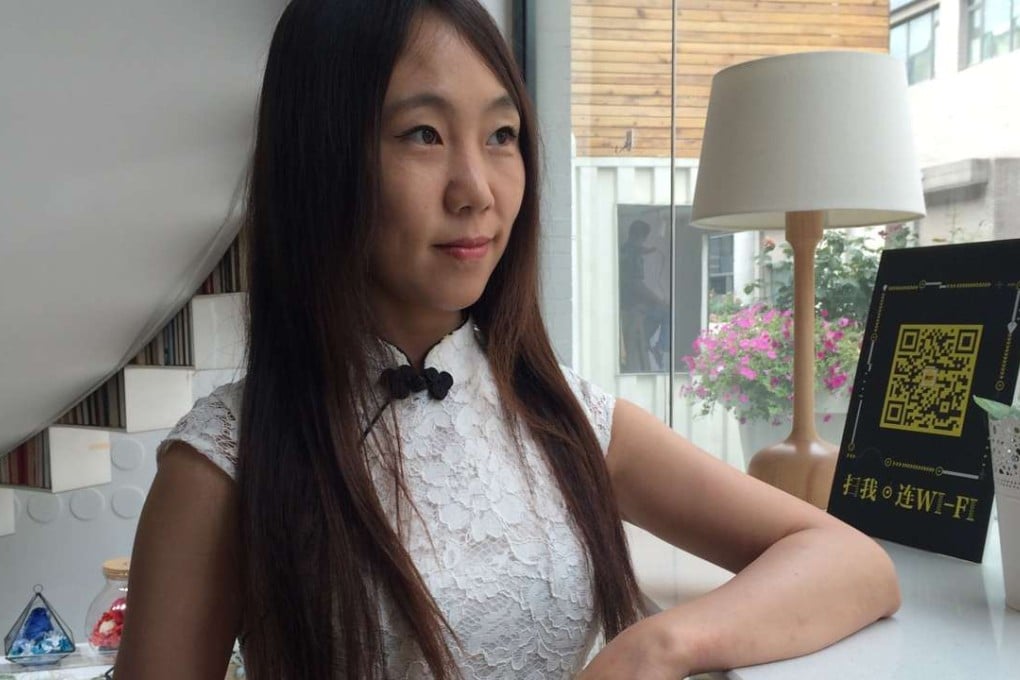Hugo-nominated Chinese author Hao Jingfang talks sci-fi, inner journeys and inequality
Hao has recently published her first non-genre novel, Born in 1984, which looks at the anxieties of her generation, facing an uncertain future in a rapidly changing world saturated with social media

Hao Jingfang is part of a rising generation of young Chinese science-fiction writers who have built a following abroad. The 32-year-old, who holds degrees in physics, economics and management from the prestigious Tsinghua University, likes to experiment in her writing with new, theoretically possible social systems. But her passion is to explore the inner journeys of her characters.
Hao’s sci-fi story about class inequality, Folding Beijing, has been nominated for a Hugo Award for best novelette. (The Hugos are the prestigious awards for science fiction and fantasy writing.) The work, which depicts China’s capital as divided between three spaces based on social class, has also been optioned for a film by Korean-American director Josh Kim.
Young writer’s fantastical tale of class inequality in Beijing earns her Hugo Awards nomination
Hao says her life hasn’t changed much since the nomination: she still keeps a routine of two focused hours of writing each morning before she starts work at a think tank. Her hope for the Hugo Awards ceremony, which will be held in August in Kansas City, US, is not to win an award but to meet author Stephen King, who is also nominated in the same category.
Hao has written two full-length sci-fi novels and various short stories. Last month, she launched her first non-sci-fi novel, Born in 1984, which depicts the inner conflicts of a woman in her late 20s. During the launch event at a Beijing bookstore, Hao discussed with a packed room one of her favourite topics: the anxiety experienced by her generation who were raised by parents who experienced the Cultural Revolution, into a world with ambiguous values and ubiquitous social media.
Can you tell us a bit about your creative process? How do you work? What happens from the moment there’s a spark to when you have a book or a story out?
